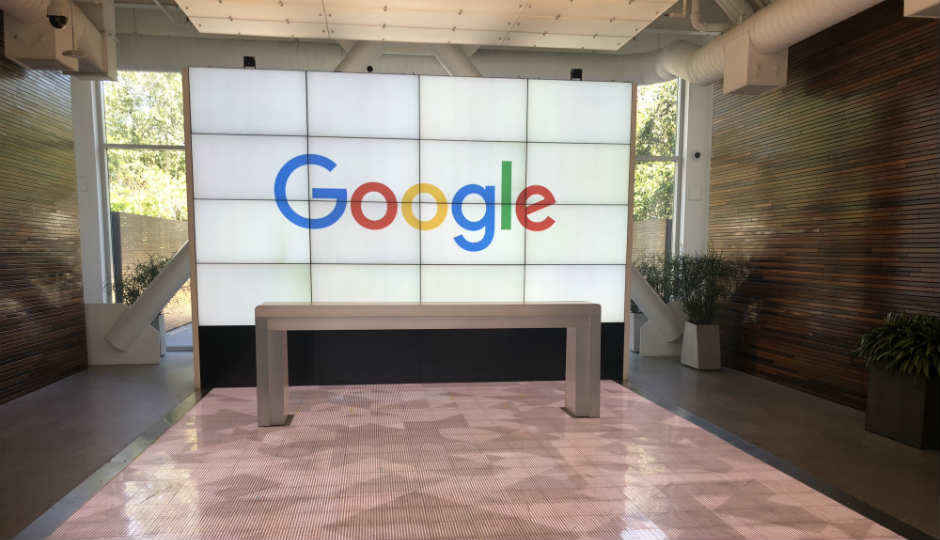Google filed for an IPO 15 years ago: Here’s how much you would have made if you would have invested in the company back then
Long story short: You would have made a LOT of money
When it first went public, Google's stocks were priced at $85 each

On this day, 15 years ago, a relatively small, yet very popular internet search engine called Google filed for an IPO with the Securities and Exchange Commission. A few months later on August 19, 2004, the company went public at $85 per share. According to Investopedia, interested buyers would have to purchase at least 12 shares at $1020.
 Survey
SurveySaying that Google grew quite a bit in the 15 years since its went public would be a massive understatement. The company is worth billions and its co-founders, Larry Page and Sergey Brin are now billionaires. So what would have happened if you purchased a stock in Google back then?
Well, things would get a little complicated. A few years ago, when Google decided to change its name to Alphabet, it also decided to split its stock intro Class A and Class C stock. So anyone who had a single stock, would now have two stocks, each worth separately. The Class C stock’s (GOOG) previous closing as of today is $1,263.45, while the previous closing of the Class A stock (GOOGL) was $1,267.34. Add those together and you get $2,530.79. But, you would have to have purchased 12 shares, so that amounts to $30,369.48. Not bad for an $1020 investment.
Hold on, we ain’t done yet with the calculations. According to the Reserve Bank of India, the average exchange rate for the dollar in FY 2004-2005 was just about Rs 45 to $1. So to invest $85 in 2004, you would have to spend about Rs 3,825, and for $1020, you would invest approx Rs 45,900 in 2004, which could have netted you Rs 21,20,300 in 2019. That is an increase of 4619.39%!
For a little bit of context, the launch price of the most expensive variant of the OnePlus 6T was Rs 45,999. Let that sink in for a bit. While you are doing that, please excuse us as we try and invent a way to time travel and invest in Google. Hey, if it worked in Back to the Future Part II, it should work everywhere.